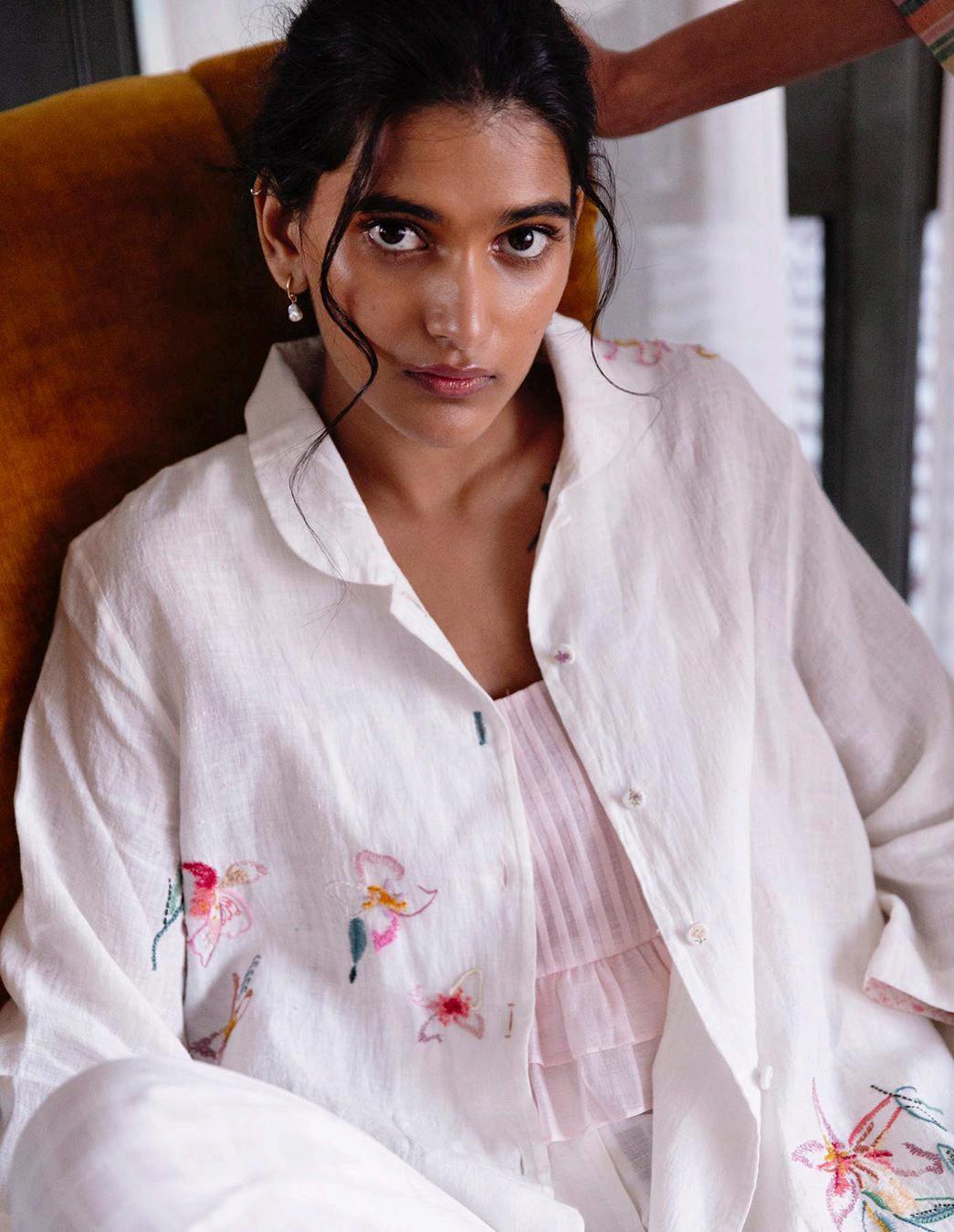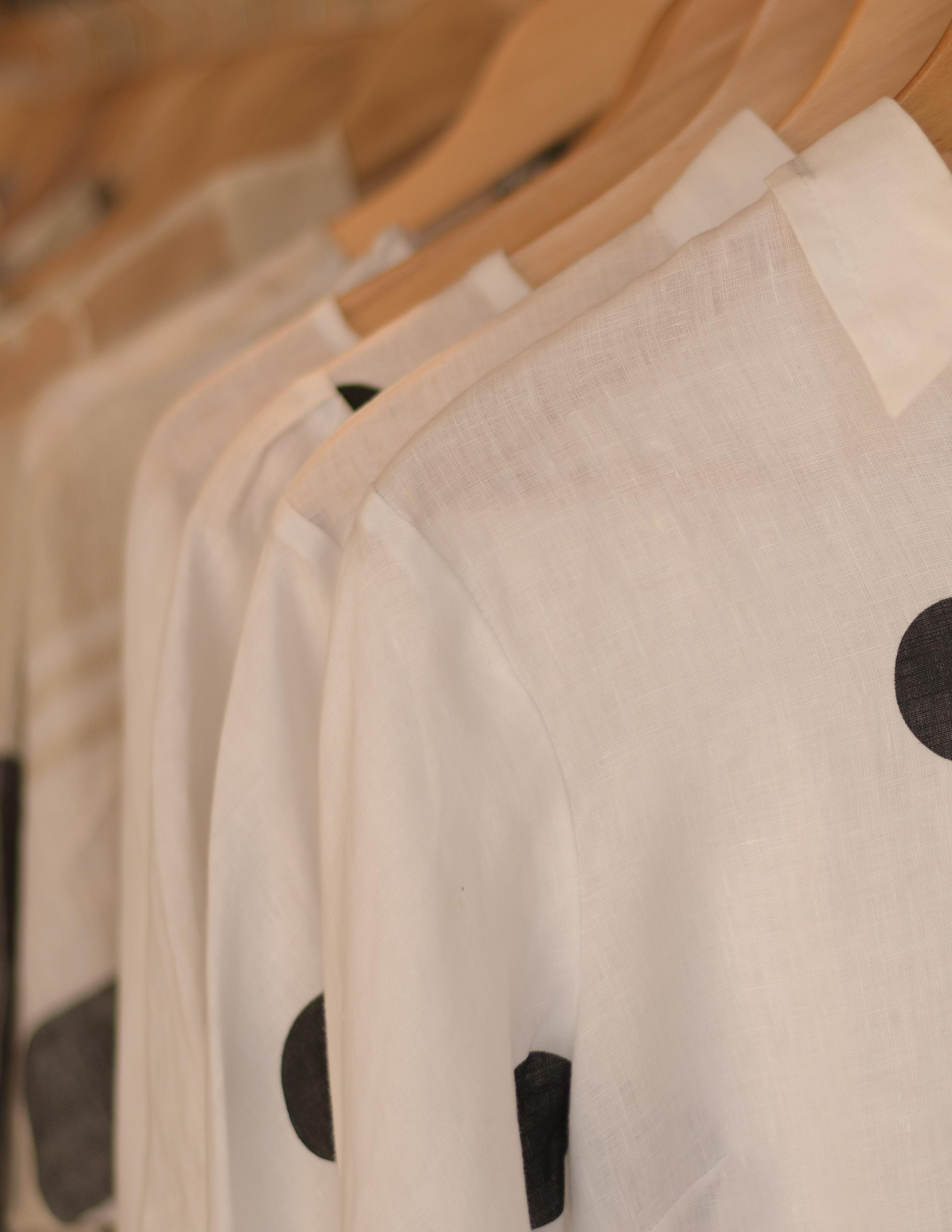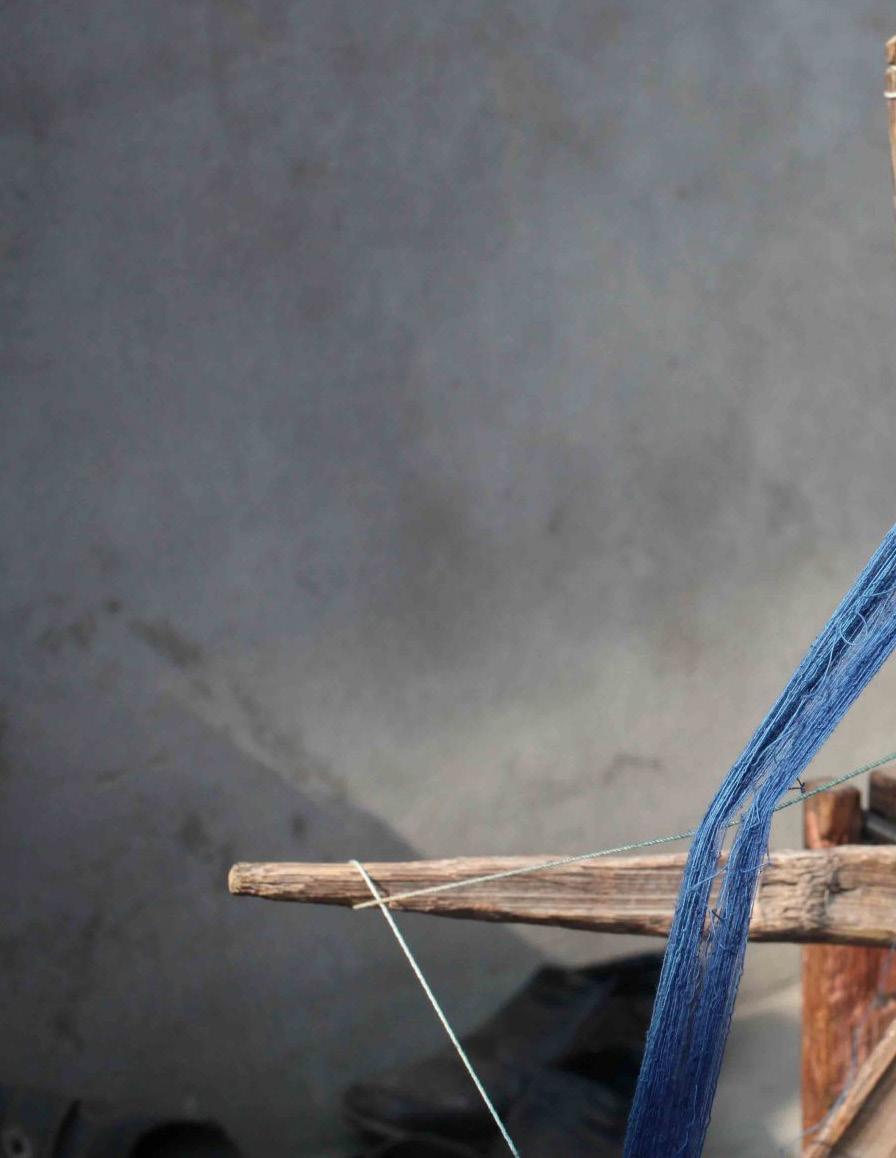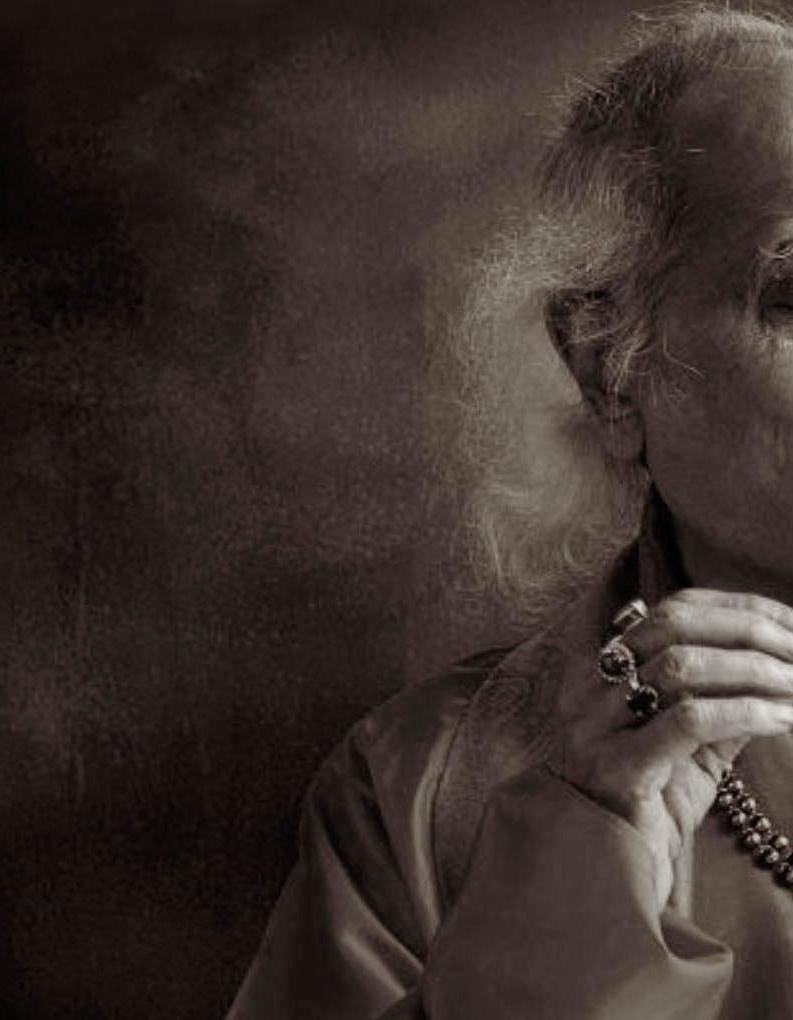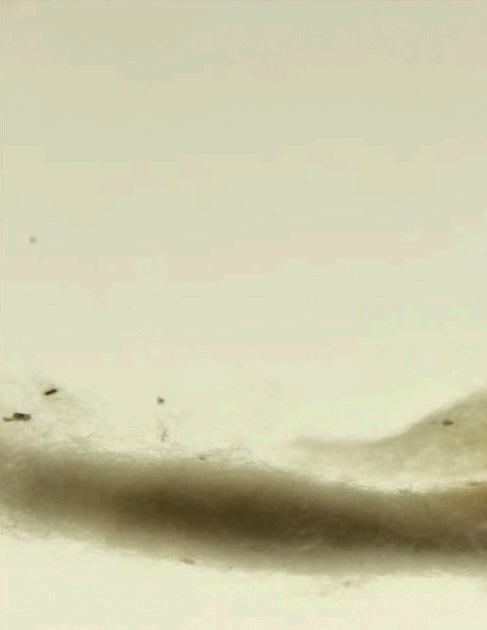
6 minute read
Moral fiber
Moral fibre is something which is made out of natural stuff. It’s also to make fashion everlasting. Clothing made with moral fibre can be infinitely recycled. There are so many natural resources that can be turned into sustainable textiles, like bananas, coffee, pineapple, lotus, stinging nettles and hemp. Moral Fibre aims to develop environmentally friendly fabrics and clothing based on hand-spun, hand-woven techniques of fabric making and to make the process of fabric making socio-economically sustainable. It has to keep in mind while garment production that all processes, products and by-products at every stage of fabric production must nourish and enhance the environment instead of damaging it.
Khadi, which once had a glorious past, now has a very few takers and buyers. So, many designers noticed this and have come up with the idea of how to make it more fashionable. This fabric is very eco-friendly, sustainable as well as very comfortable to wear. So it will be of great help if it could be changed to be more fashionable.
Advertisement
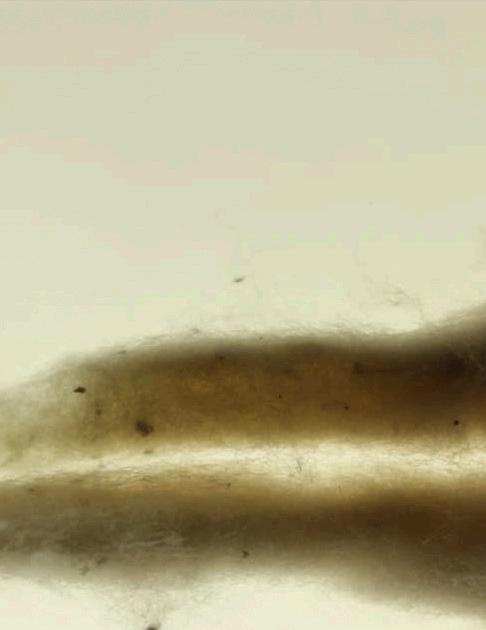

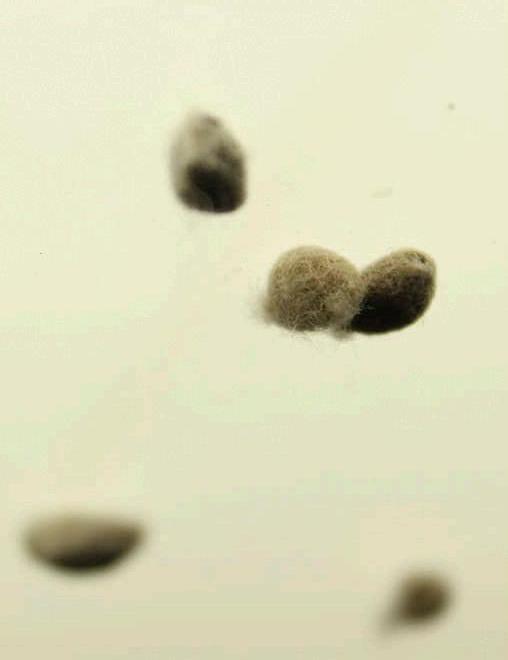
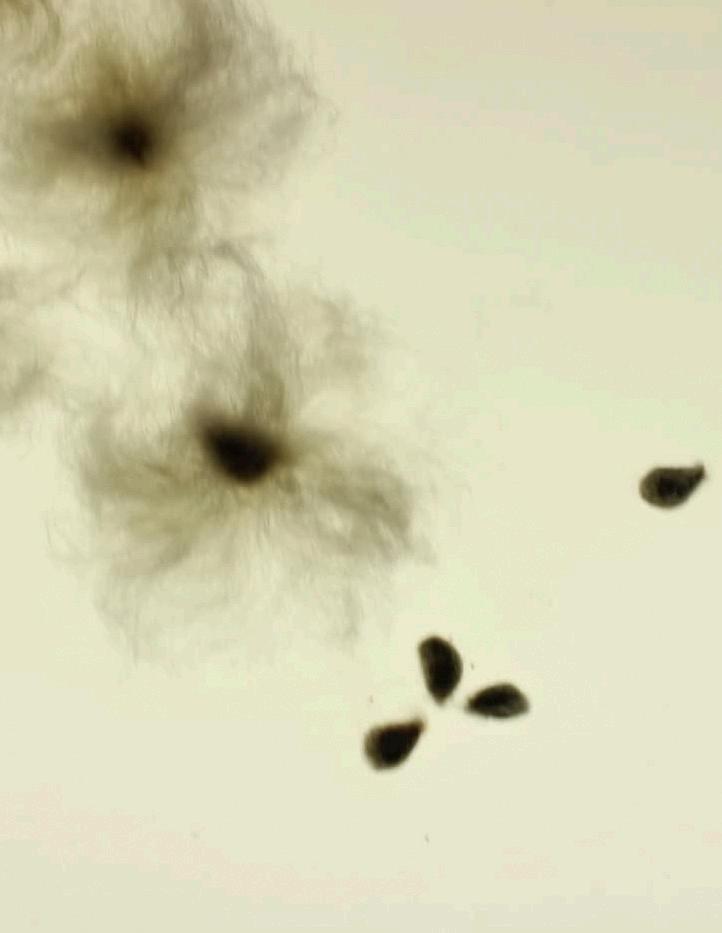
Today, the fashion industry is in a phase of rapid evolution, with young designers distancing themselves from unsustainable practices and reaching for new fabrication methods and fibers, some of which don’t even exist yet. Due to fast fashion, the fashion industry has become one of the most polluted industries of the world. Every year a huge amount of garments have been manufactured and which ultimately creates a lot of pollution and wastage. So now many designers have come up with the idea of sustainability which really helps to tackle this problem. Various kinds of techniques have been used to make it more natural and less harmful for nature and people. The other way to make fashion revolutionized is to recycle polyester and to create a sustainable fibre which can be used eternally.
Many designers used many techniques as to how to extract polyester from mixed fibres. One of the techniques is a three-step chemical process that can extract polyester from mixed blend materials to create a new yarn, billed as the world’s first textile product made entirely from old clothing. The equipment needed for this transformation can be fit in any small shipping container and also making it easy to deploy. This equipment will work like, it will extract polyester at the molecular level to produce a new yarn. It also works as a weapon in the battle against marine plastic pollution which will help to keep polyester out of the sea and also helps to tackle the problem of microfibres leaking in our rivers and oceans when we textiles shed. This equipment is ideate by the Co-founder of moral fibres, Akshay Sethi.
It is also mentioned that the technology can extract polyester from any blend material and will be suitable for recycling other plastics. This technique will be a great help for the fashion industry to be less polluted. The demand for clothing is increasing day by day but if clothes are made of moral fibre then it will be completely sustainable and will be nature friendly as well as it will create less pollution, and also be comfortable to wear. And most importantly, all clothing made of moral fibres can be infinitely recycled. This also helps the present generation to use resources without compromising the future generations. So in order to make the fashion industry pollution free various moral fibres and sustainable techniques are used. Now, with the use of many natural fibres, natural dyes are also used in plenty.
Various colourful flowers, vegetables, fruits are used for dyeing. These colours are natural as well as harmless, organic and less polluted. These bright colours create beautiful patterns also in tie and dye method. Recently, many upcoming designers are working on this concept of natural dye and its various uses. Slow fashion is a sustainable fashion. It is an evolved fashion.
Fashion that passes through many hands, be it, the artisans or craftsmen and finally reaches the audience. It is about responsible fashion where the processes of making a garment or a series of garments is by sustainable and ethical processes and means.
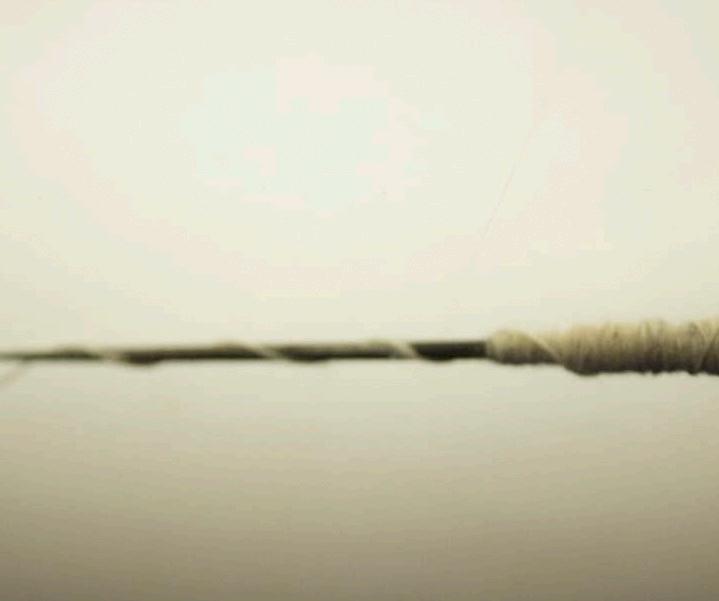
It is about understanding that you need simple and classic items of clothing rather than hoarding or shopping by the cart loads. As much as it is about the designer / vendor making clothes and fashioning out garments by ethical and responsible means like fair trade and fair practices ; as a consumer also, it means buying responsibly round the year.
If 1 item of clothing in a similar style or pattern works for you, you will try and not buy another similar time if you can make do with the one you have. Now, there are a lot of ways that work as a moral fibre and one of its kind is dyeing. Natural dyes work best on Natural fibres such as wool, Silk- also known as Protein based fibres, cotton, linen, jute, ramie, sisal or the cellulosic fibres Colour has helped make humans life more aesthetic and appealing. Colour has been linked to seasons, festivals, emotions, status,cultural backgrounds since time in memorial. In India the philosophy of colour is so deeply entrenched that every form of expression be it music, painting, or religion is given shape through colours. The art of fabric dyeing is as old as civilisation, archaeological findings dating back 5000 years have unearthed evidence of fabrics that have been coloured. Today most of the colour we see on our fabrics or other materials are produced from synthetic chemical agents, but until 1856 all colour was from natural sources.The Atharvaveda is said to have a description on natural dyes and their processes. The use of natural dyeing is evident with the wall paintings of Ajanta, Ellora and Sithannvasal. These murals indicate that the craftsmanship was of very high quality. Although numerous other countries had their own herbs and minerals from which they extracted colour, none had mastered the art of fixing these colours to fabrics like the artisans of the Indian subcontinent. Lastly, it can be said that colourful natural dye has been in use since history and it’s still continuing today.

“I believe that where there is pure and active love for the poor there is God also. I see God in every thread that I draw on the spinning wheel”. - Gandhi ji

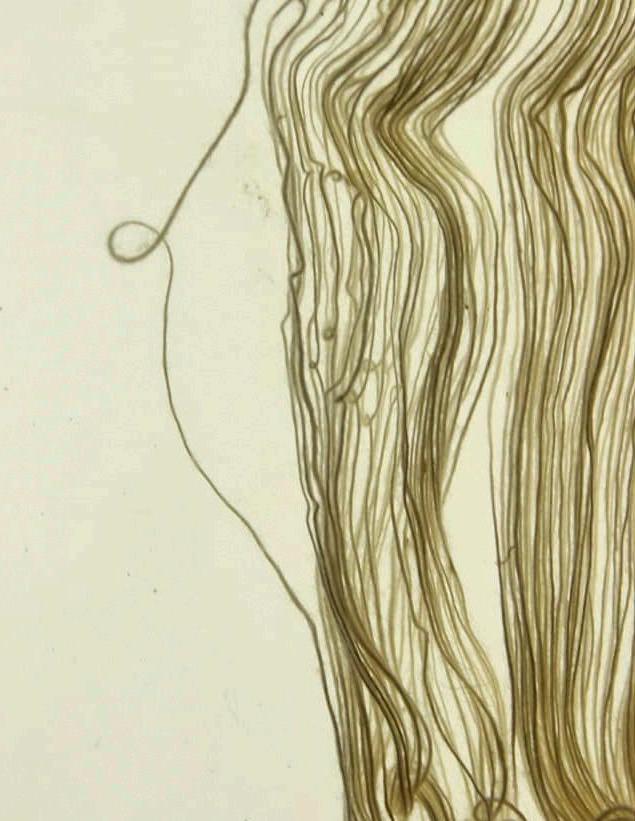

Let it be worn out of wear, let it be familiar, let it be a sight of comfort, let it be everyday ORDINARY.
Plot Number 100,Sector - 37,Pace City - 1,Gurgaon - 122001 Haryana. Phone - +91.124.426.6843 | +91.9810316058 Email - info@eka.co
